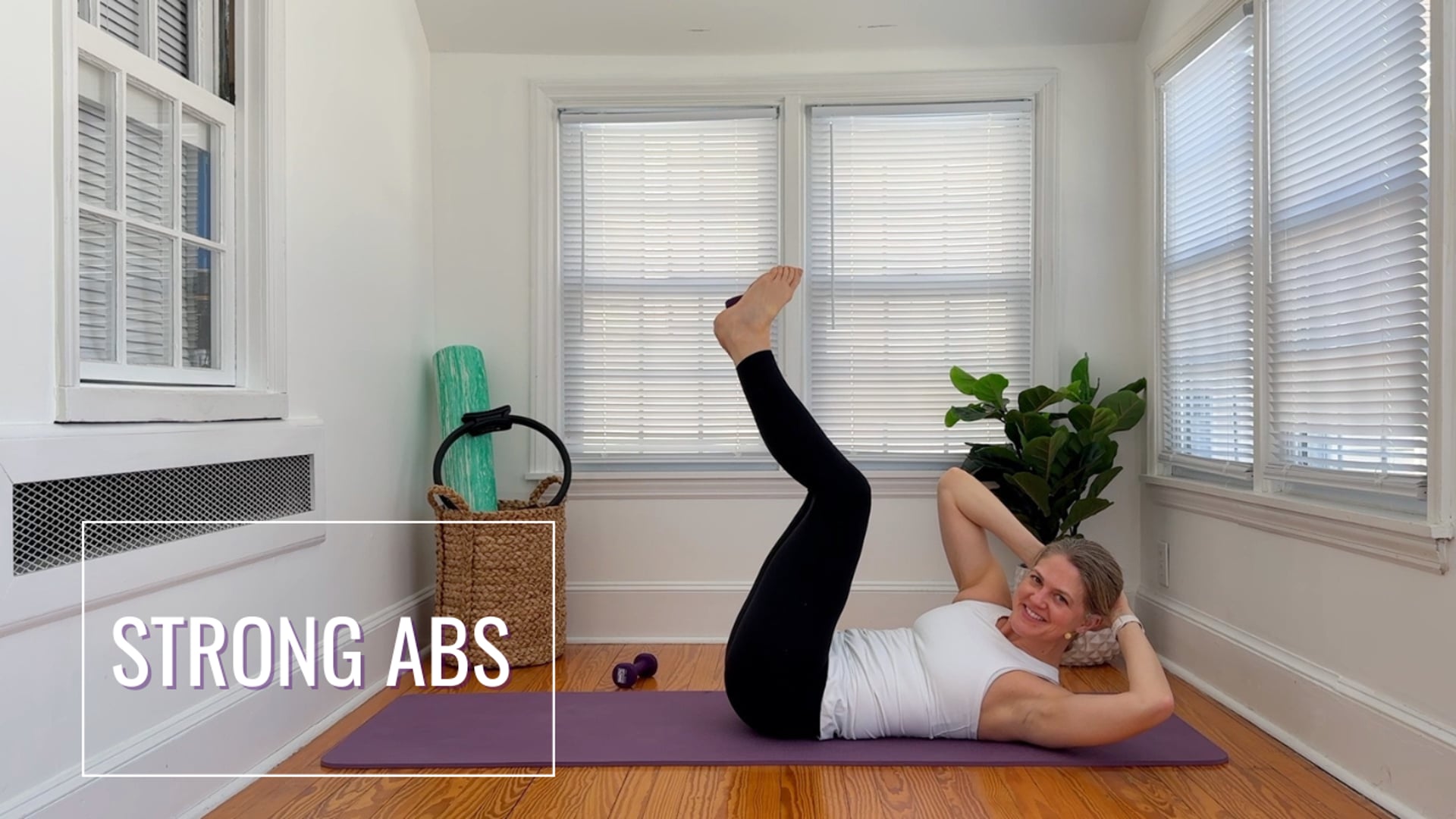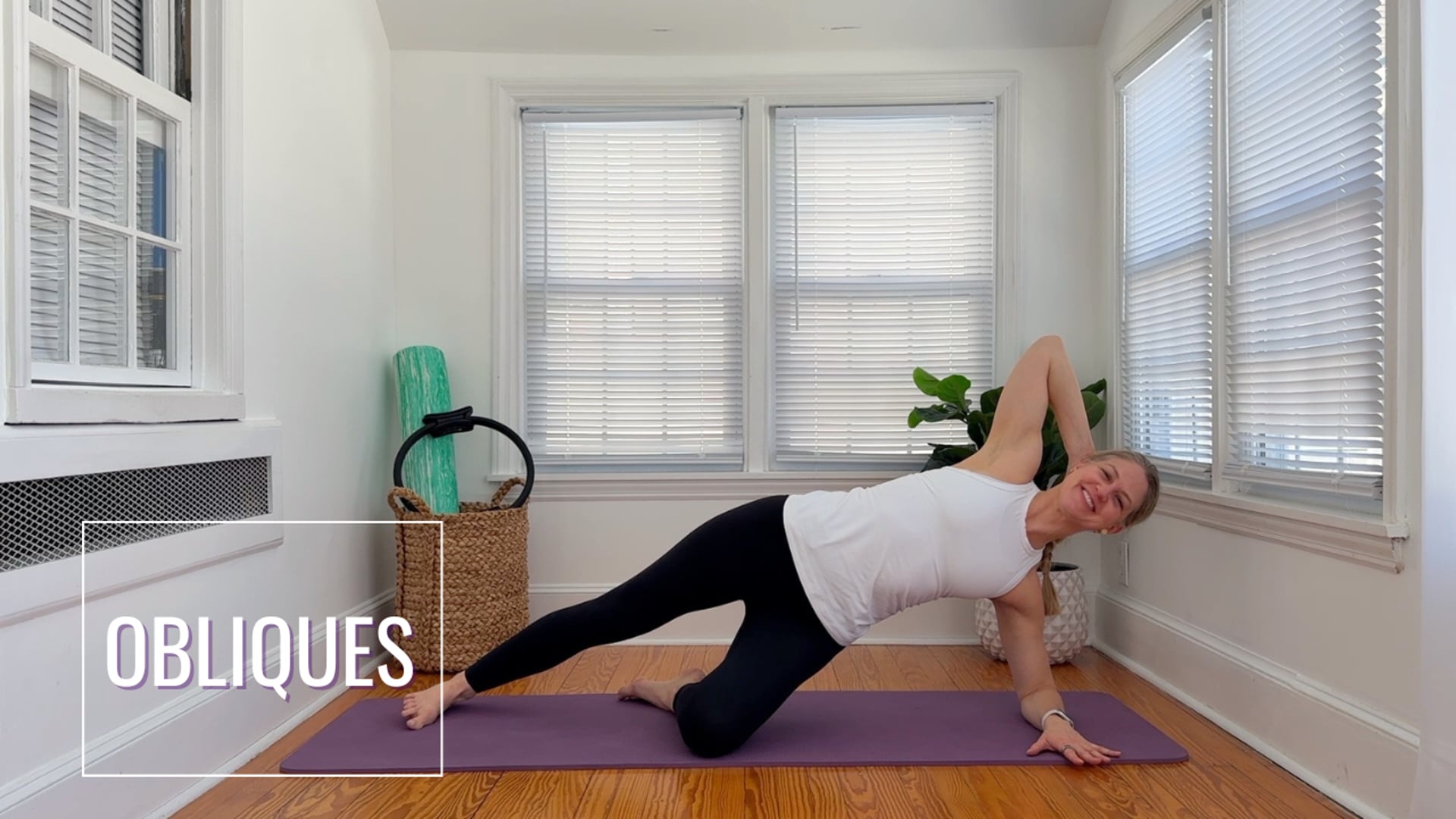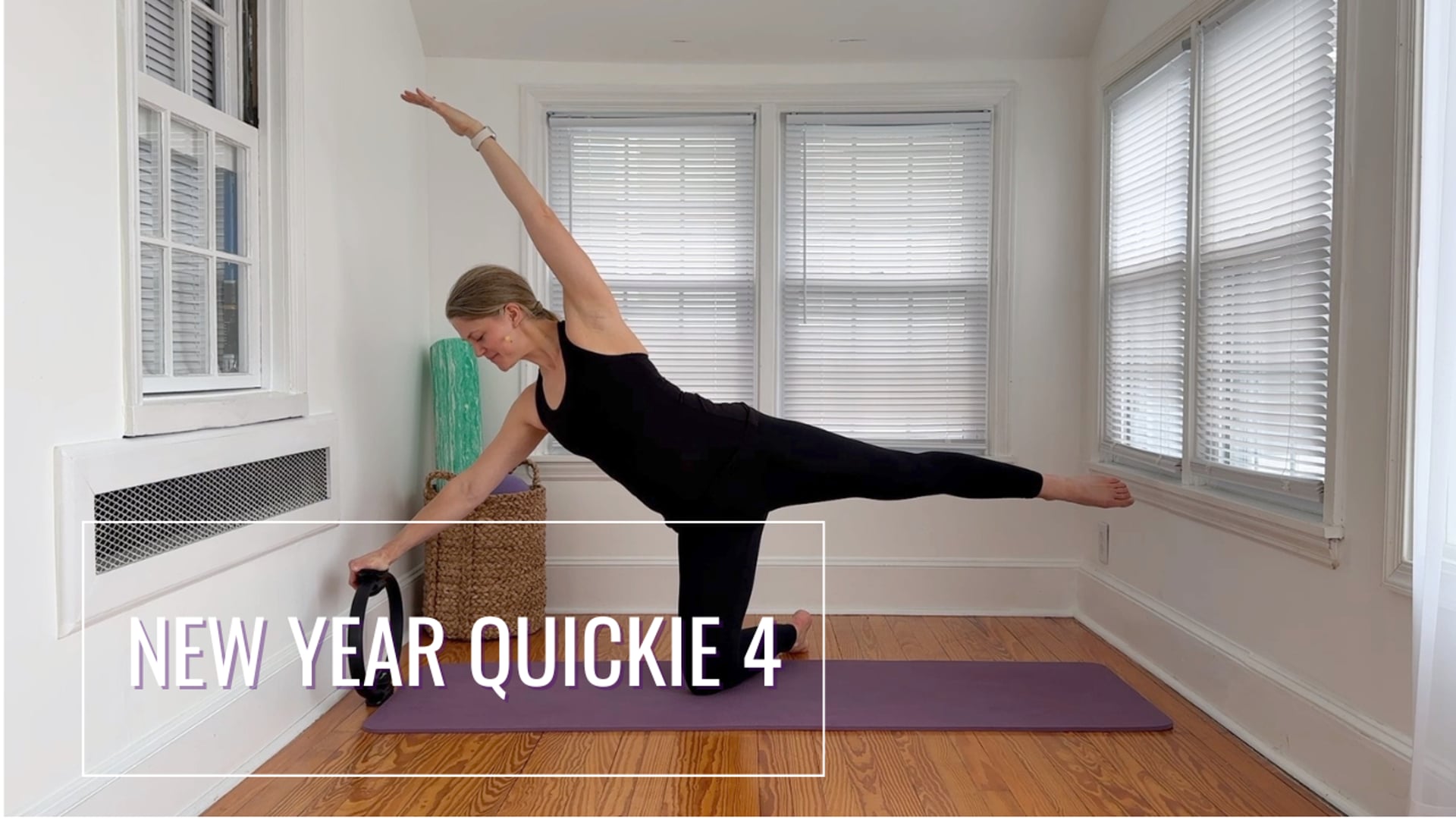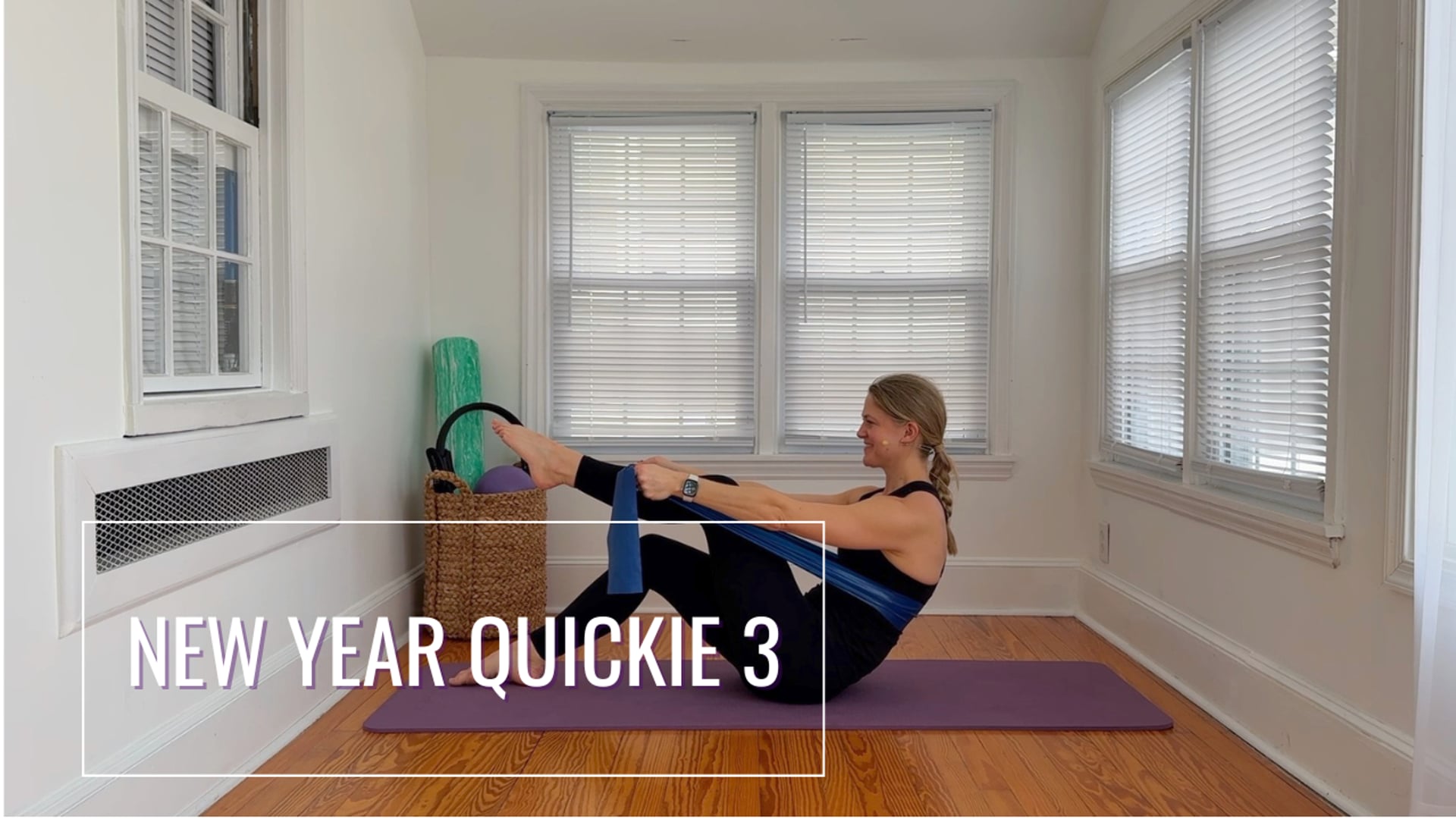In today’s fast-paced and demanding world, we as women often find ourselves juggling multiple roles and responsibilities. This immense pressure can lead to overwhelming paralysis, where we feel mentally and emotionally stuck, unable to take action or make decisions.
What is overwhelm paralysis?
Even if the name is unfamiliar, you have probably experienced overwhelm paralysis in one way or another.
Overwhelm paralysis is a state of being overwhelmed to the point of feeling stuck, unable to take action or make decisions. This can manifest as a loss of motivation, difficulty prioritizing tasks, constant self-doubt, and feeling trapped in an unending cycle of demands.
For women, overwhelm paralysis often stems from the many roles we are expected to fulfill, such as caregiver, partner, and colleague. The pressure to excel in these areas while managing societal pressures and gender stereotypes can become overwhelming.
Overwhelm paralysis can profoundly impact women’s well-being, hindering our personal growth, professional development, and overall sense of fulfillment. However, it’s essential to recognize that there are ways to overcome this paralyzing state and regain a sense of control and satisfaction.
Here are three practical suggestions to help you overcome overwhelm paralysis:
- Prioritize Self-Care:
One of the first steps to break free from overwhelming paralysis is prioritizing self-care. I know, easier said than done! As women, we tend to put our needs last, focusing on caring for others or meeting societal expectations. Sure, I can make 25 cupcakes and supervise the book fair tomorrow. However, neglecting self-care only exacerbates the feeling of being overwhelmed and can lead to resentment.
Prioritizing self-care allows you to recharge and approach your responsibilities with renewed energy and clarity. Start by setting aside dedicated time each day for activities that rejuvenate and nourish your mind and body. It could be as simple as practicing mindfulness with coffee in the morning, exercising, or spending quality time with loved ones.
- Practice Effective Time Management:
Effective time management is crucial when it comes to combating overwhelm paralysis.
Start by identifying your priorities and breaking down tasks into manageable chunks. Create a daily or weekly schedule that includes dedicated time for different areas of your life, such as work, family, personal growth (this includes exercise), and relaxation. Be realistic about what you can accomplish within a given timeframe, and don’t hesitate to delegate or ask for help when needed. I know this can be incredibly hard. You’ll feel more in control and better equipped to tackle your responsibilities by managing your time effectively.
- Challenge Societal Expectations and Seek Support:
Societal expectations and gender stereotypes contribute significantly to overwhelm paralysis in women. It’s essential to challenge these expectations and redefine success on your terms. Recognize that you don’t have to excel in every aspect of life simultaneously and that asking for support is okay. Surround yourself with a supportive network of friends, family, or mentors who understand and validate your experiences. Be ready to let go of relationships that no longer serve you. Remember, you are not alone in this journey, and seeking support can make a tremendous difference in overcoming overwhelm paralysis.
Overwhelm paralysis is a common challenge many women face, but it doesn’t have to define our lives. Many of my clients see overwhelm paralysis manifest itself when it comes to exercise. That’s why so many choose private instruction. They don’t have to decide what they will do for their workout; as their instructor, I take charge, and they get to follow along (somewhat mindlessly, though you know Pilates is a mind-body method). My online members are sent a weekly newsletter about the week’s class. All they have to do is hit play. Taking some of the decision-making out of our lives can be incredibly freeing.






